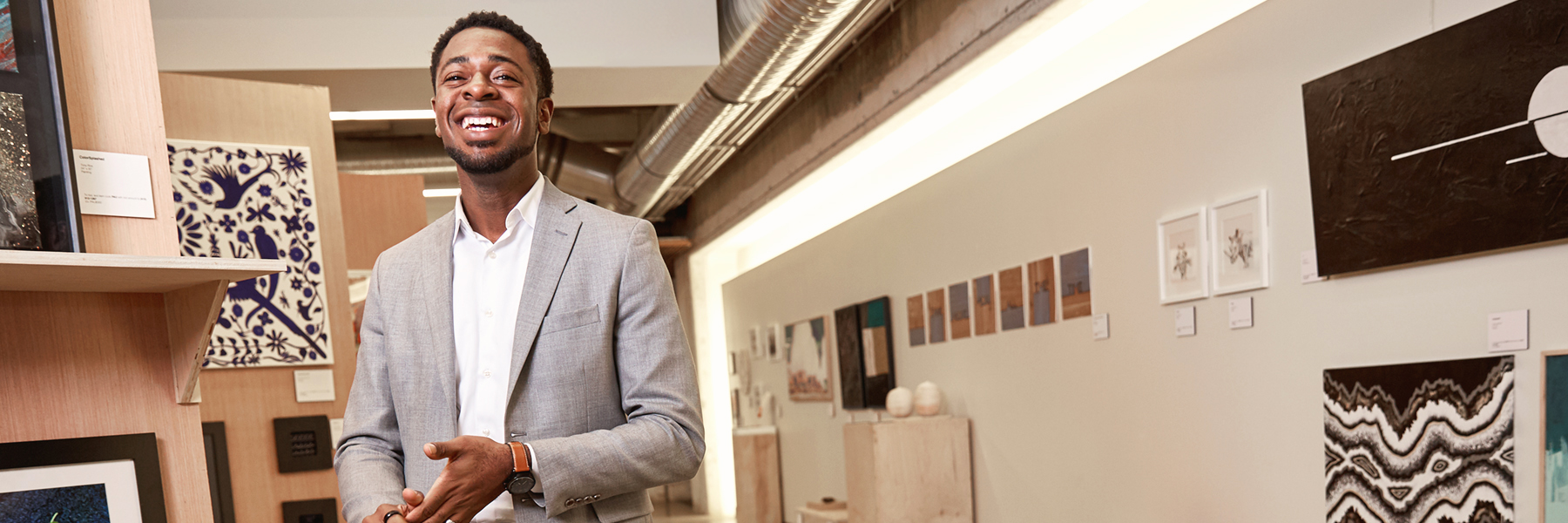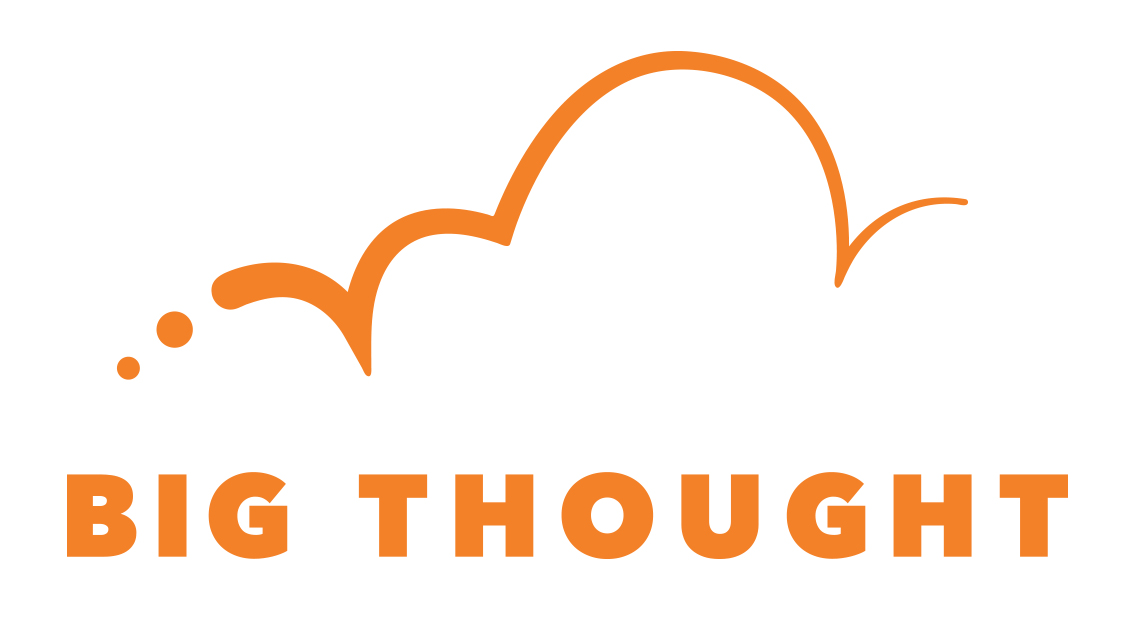Byron Sanders is relentlessly building a community of changemakers with a single goal: to unleash the potential of every single kid in Dallas.
He’s the new President and CEO of Big Thought, a longtime social impact partner of Fossil Group, and he’s on a mission to close the opportunity gap in his community. It’s this passion for leveling the playing field and bringing opportunity to ALL students that’s fueling what’s next for Big Thought.
How does Big Thought unleash the power of youth?
We do this in two different ways. One, we empower kids’ creativity. And two, we help them foster healthy social and emotional wellbeing.
Big Thought has a number of programs that focus on empowering youth to create, to use their voice and to use their imagination to rethink what’s possible. It’s a muscle that you have to develop. Sometimes it’s not necessarily intuitive. We don’t implant the voice, the voice exists and we create experiences that help draw it out.
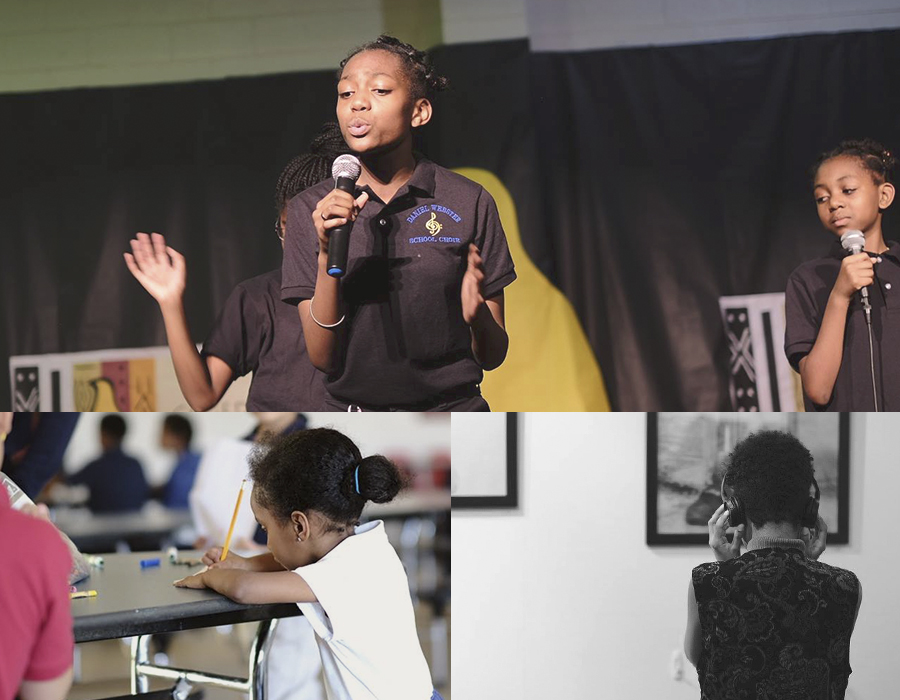
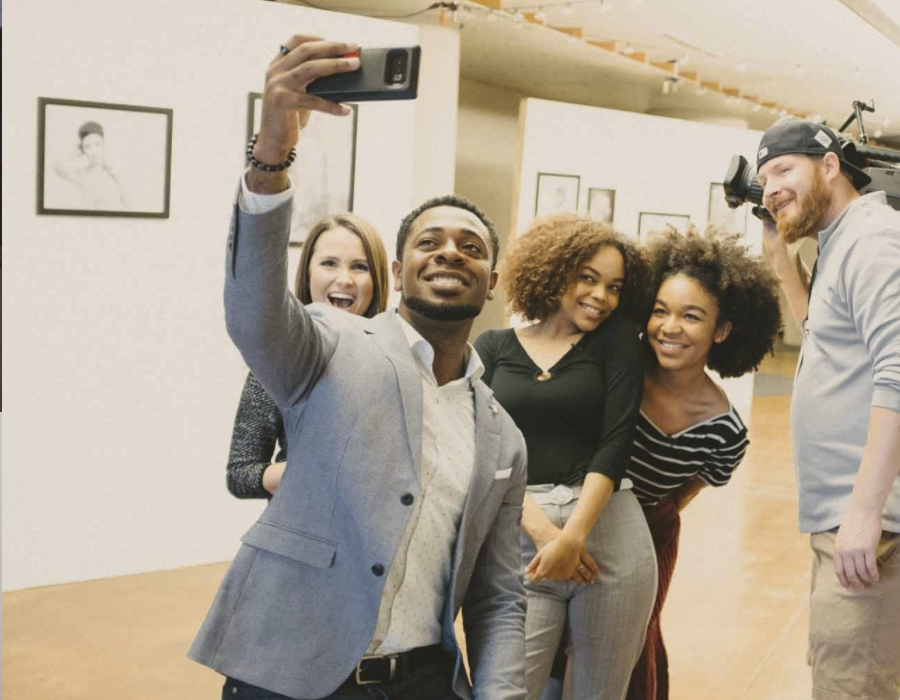
What impact has your organization made on the Dallas community?
We’re here to create an ecosystem with other Dallas partners whereby more kids get access to out-of-school enrichment in order to develop their creativity. In this way, we’ve worked with thousands and thousands of kids. It’s a beautiful thing. Just last year in Dallas City of Learning, we reached nearly 40,000 students. It’s incredible to talk about the scope and scale of how we work with our partners in our community to enable such a large impact.
What do YOU make time for?
The thing I relentlessly make time for is exposing my kids to new experiences, just like what we’re doing with Big Thought. We make time to travel, which expands their worlds just that much more. Here’s an example: we were able to take our daughter to see Hamilton last year. That was a lifetime moment for her. We knew all the words, we’ve been rapping it for like a year. And then we surprised her with a trip to New York. Life-changing.
The thing that I make time for on a daily basis, kind of my happy place, is listening to audiobooks. Nerdy? I know. But it’s cool. I love being a nerd. I love biographies of leaders throughout history. I love these biographies because most of them look at both the good and the bad—the whole story, the whole human—and you get that vulnerability.
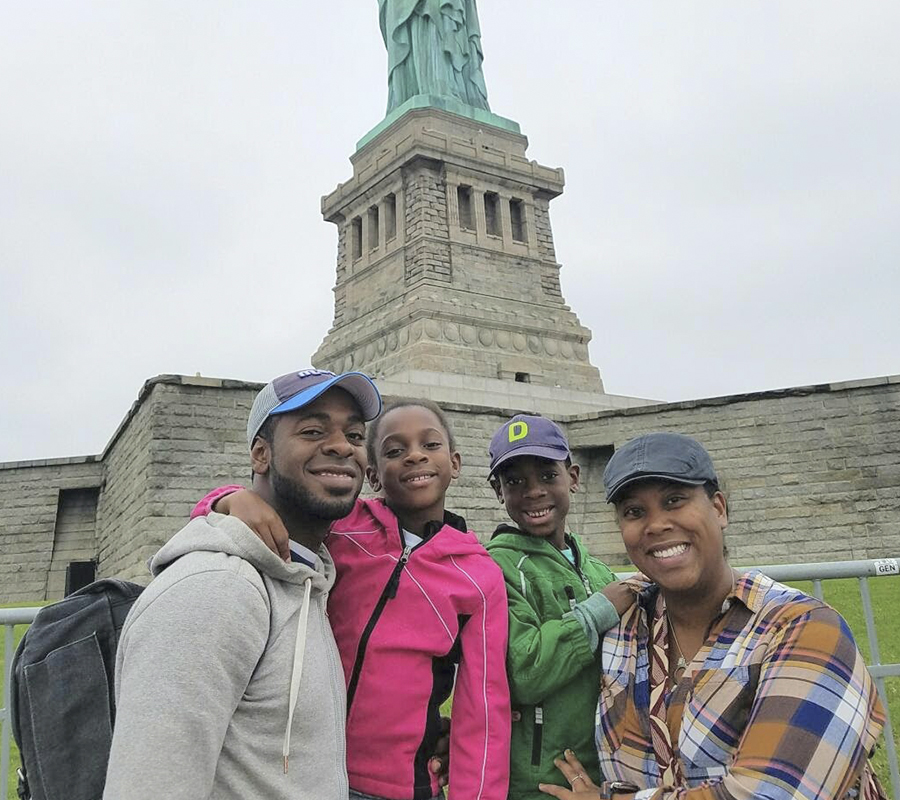
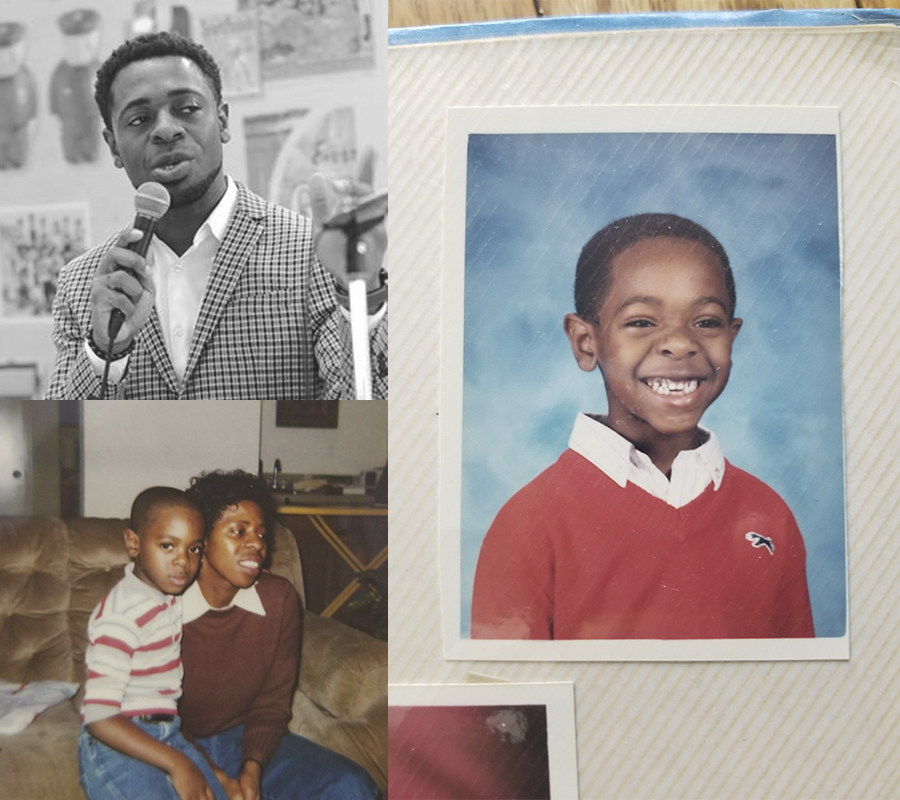
What’s the biggest obstacle you’ve encountered on your journey, and how did you overcome it?
I grew up in a house where there was domestic violence. I used to be so ashamed to talk about this. From a very young age, these after school programs, summer school programs, out-of-school experiences, those were my safe space.
I noticed at a very young age, any time I came home with good news—a good report card, or stickers or medals or something like that—everybody was happy. And it’d lighten the room so there wouldn’t be any arguing. There wouldn’t be any of the violence that I’d come to know.
Coming out of this period, I felt like I was able to turn some pretty dark times into something that was very positive. I prided myself on being the golden child, and very often I was able to bring success and thus joy to my mom. Unfortunately, around the time I was in college, I lost my footing. At a fraternity event, I witnessed a college hazing incident that resulted in the expulsion of every student present—including me. But by the grace of God and the grace of other people, I got another shot. I got to go to the University of Tulsa.
There was a guy there, Earl Johnson, who listened to my story and took a chance on me. When I got there, I was like, “I am not going to waste this one.†So I got up there and knew one person. By the end of that year, I’d been elected student body president.
When you take your life lessons, then channel all of your strengths and your experiences into becoming your best self, beautiful things can happen. I am the beneficiary of other people’s grace and other people giving me a chance, which is why a lot of our kids resonate with me personally. A lot of them are similar to where I was at one point: They’ve been written off and they think they don’t have anything left to give, and I know for a fact they do. We just have to be that lifeline to help them recognize it–and the world’s going to catch up.
What advice do you find yourself sharing most frequently?
One of the lessons I’ve learned is that every moment is a gift and we don’t have infinite moments. There’s a finite amount of time that we have on this planet and we have a responsibility to make sure that we’re using those moments intentionally. If we have an opportunity, it’s that we can be effective in helping somebody else’s life, helping them cultivate and curate their greatness.
So the advice that I give, especially when I’m talking to kids and youth is this: People always say, “What do you want to be when you grow up?†My response to that is,
“Why wait? You have power right now. You have a voice right now. Let’s do it right now.â€
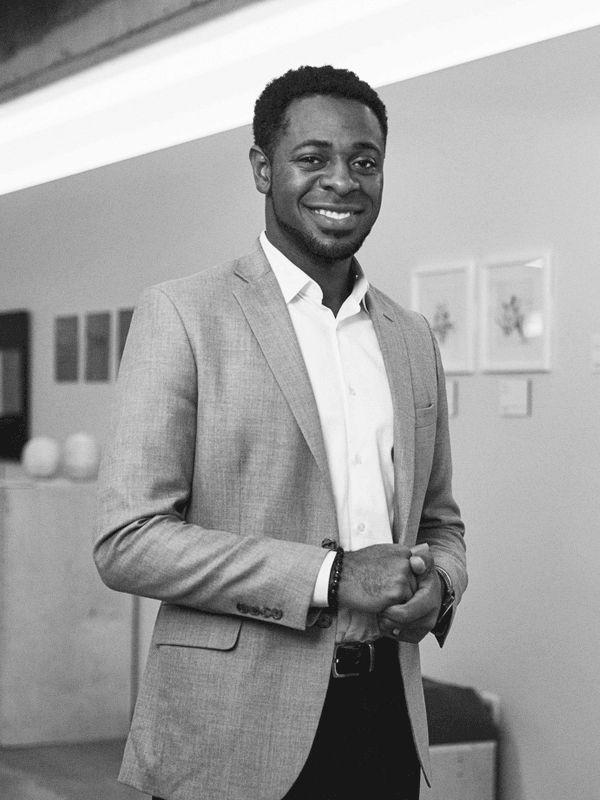
All photos courtesy of Big Thought and Byron Sanders
